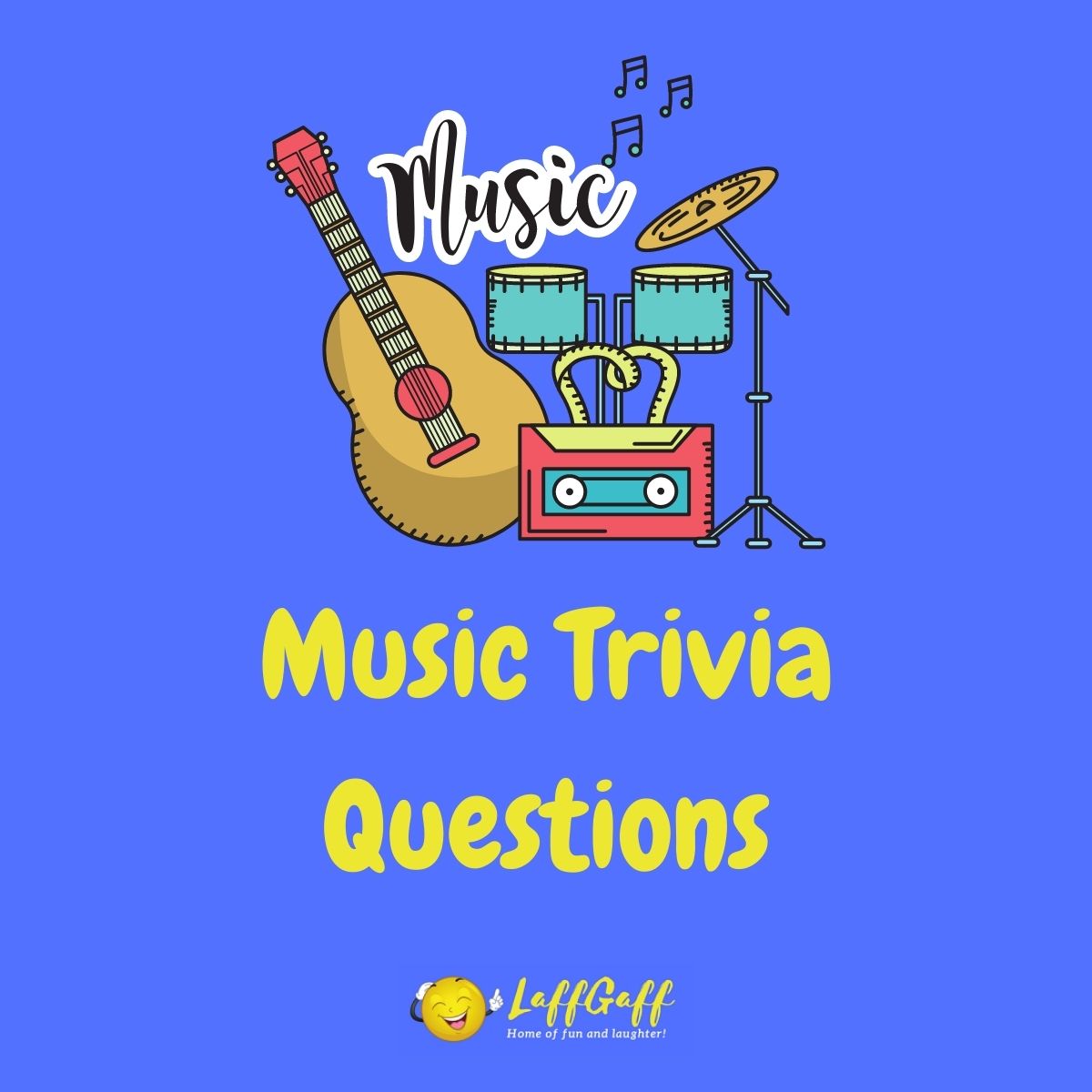Question: Which country singer released an album titled “The IRS Tapes: Who’ll Buy My Memories?”
Show answer
Willie Nelson.
The country singer who released an album titled “The IRS Tapes: Who’ll Buy My Memories?” is the iconic Willie Nelson. This album has an interesting backstory that is deeply entwined with Nelson’s personal and financial struggles during that period of his life.
In the early 1990s, Willie Nelson faced a massive financial setback. The Internal Revenue Service (IRS) claimed that Nelson owed millions in back taxes, a staggering amount that culminated from years of mismanagement and bad financial advice. The IRS came down hard on Nelson, seizing many of his assets, including properties and bank accounts, to settle the enormous debt. The situation was dire for Nelson, and it seemed as if his illustrious career had taken a turn for the worst.
However, true to his resilient spirit and never-say-die attitude, Willie Nelson decided to confront the crisis head-on. To help clear his debt, he struck a unique deal with the IRS. Nelson would record an album, and the proceeds from its sales would go directly to the IRS to help pay off his tax bill. This resulted in “The IRS Tapes: Who’ll Buy My Memories?”, a raw and intimate collection of Nelson’s songs. The album’s title and its context made it one of the most intriguing releases of his career.
Despite the challenging circumstances surrounding its creation, the album showcased Nelson’s enduring talent and his ability to convey genuine emotion through his music. It was a testament to his authenticity, both as an artist and a human being. The fans responded with an outpouring of support, purchasing the album and helping Nelson make a significant dent in his debt.
Beyond its financial implications, “The IRS Tapes: Who’ll Buy My Memories?” stands as a symbol of Willie Nelson’s resilience and his deep connection with his fans. It’s a reminder that even in the face of adversity, music can be a healing force, bridging the gap between an artist and his audience, and turning a moment of crisis into an opportunity for connection and recovery.



